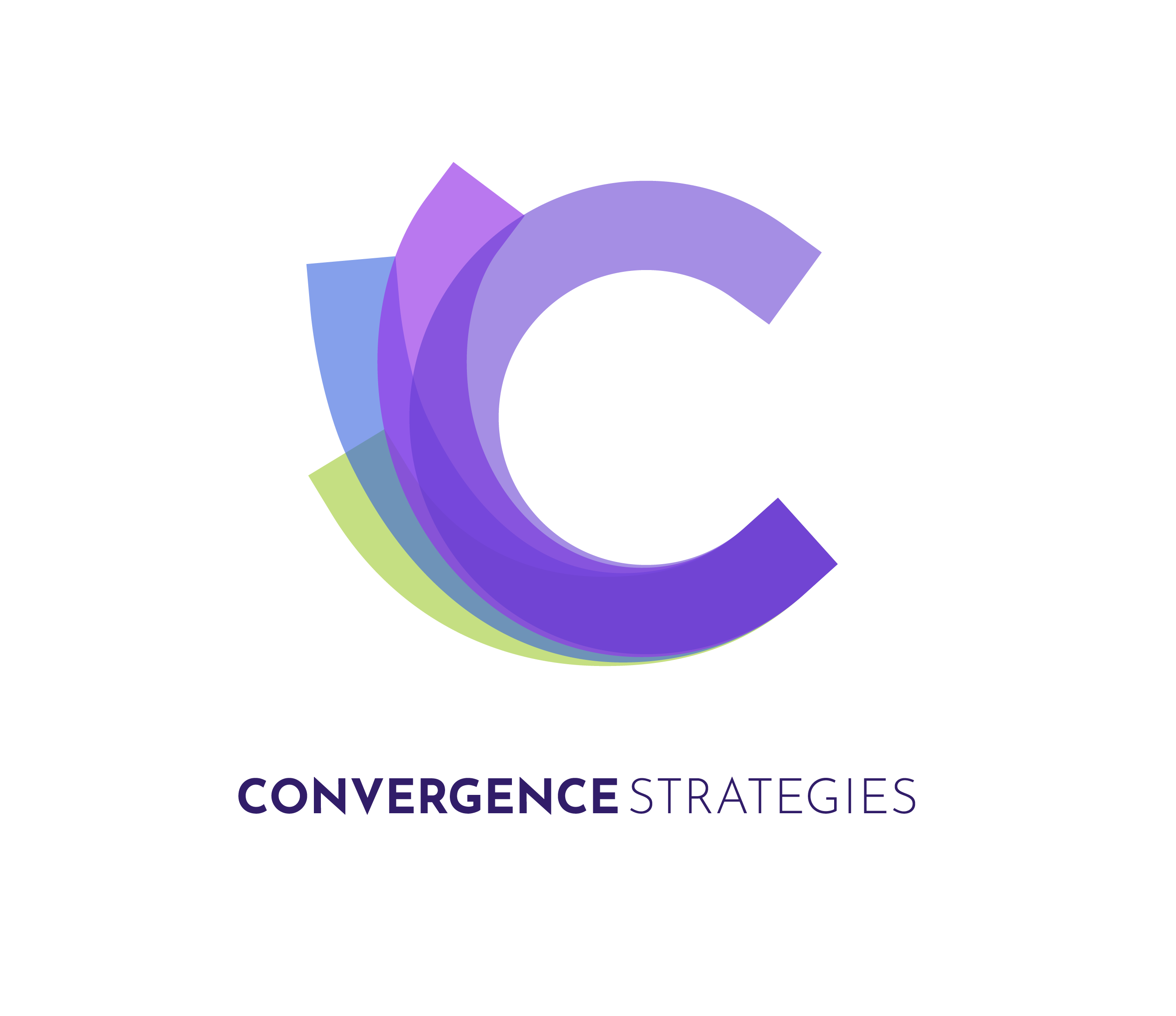Convergence’s professional trainings can be the catalyst for systematic change on your campus and in your professional role. Maybe you are newly learning how to be supportive of all forms of religious, secular, and spiritual identities. Maybe you are attempting to build power through organizing on your campus in order to create policies and practices that truly affect the entire campus culture. Or maybe you are just trying to address specific concerns on your campus, like how to support the Muslim-identifying members of your community or how legal precedents require your support for religious, secular, and spiritual identities.
No matter the question or concern, Convergence’s professional on-campus trainings are tailored for you. If you are looking for something that you don’t see, we may be in the midst of developing it, or maybe you can inspire us to new heights. The movement requires all of us to become innovators and collaborators. So reach out, and let’s find a way for Convergence to come to your campus as we inspire the movement to support inclusion of all religious, secular, and spiritual identities across North America. Payment is scaled from individual to institutional, and we welcome staff from any local campus, as well as those interested in campus transformation without a university affiliation. Please send your questions to J. Cody Nielsen at j.cody.nielsen@convergencestrategies.org
Ready to bring Convergence to campus? We can work with you to determine how Convergence can make a professional development opportunity work for you!









